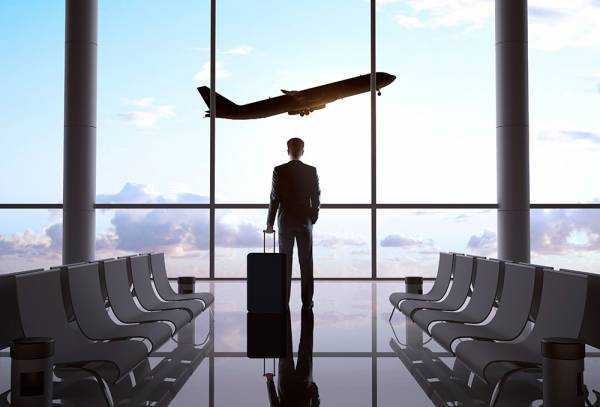Experts from the Aeroclub business travel agency analyzed the results of a survey conducted during the company's 25th anniversary gala. More than 500 industry professionals participated, including corporate clients, agency employees, representatives of airlines, hotels, global distribution systems and independent experts.

The study found that almost half of respondents (47%) see the continued importance of business travel: neither teleconferencing (chosen by 15% respondents) nor 3D holograms (20%) can replace in-person presence at negotiations.
When asked what mode of transport will take business travelers on business trips, 38% respondents said teleports are the future, while 34% experts believe supersonic aircraft will be widely used. Respondents abandoned their traditional modes of transport: only 9% respondents chose the train, while 12% expect car sharing to remain relevant. 39% and 32% respondents see promise in flying drone taxis and driverless electric vehicles, respectively.
Nevertheless, business travelers remain conservative when it comes to comfortable accommodations: nearly 40% respondents chose hotels as their primary means of accommodation, and 19% believe that sharing economy principles will become even more widespread in the future, along with services like Airbnb. However, 22% respondents believe that in the era of high technology and instant travel, they will have no need to stay in a foreign city at all, as business trips can be made "just for the day."
When it comes to leisure, 30% travel industry experts are relying on personalized recommendations in mobile apps. Meanwhile, 25% respondents believe that business travelers will rely on corporate recommendation services, and 20% respondents believe that in the future, business travelers will turn to voice assistants for advice.
As the study showed, half of the experts (45%) optimistically believe that in the near future we will see rapid development of space business tourism.
A key finding was that 63% respondents are convinced that, despite widespread robotization, business trips of the future will not be possible without human intervention. Of these, 31% rely on a conversation with agency consultants in difficult situations, while 32% rely on a call from a travel manager.
It's worth noting that between 16 and 25% respondents consistently chose answer options related to the disappearance of "human" business trips: this line of answers suggested that in the future, all business processes would be in the hands of robots, and people would vacation in Bali instead of working.
"Our survey, recorded on a plastic floppy disk from the '90s, was a joke, a kind of 'time capsule' that transported us from the past to the future. In 15-20 years, time will tell how bold or accurate our predictions were. However, there's a grain of truth in every joke, and our survey revealed several trends whose foundations have already been laid and which will only grow stronger in the future: a focus on travel personalization, the significant role of artificial intelligence, and, at the same time, a desire to maintain human involvement," shared Yulia Lipatova, CEO of the Aeroclub business travel agency.
Source: trn-news.ru

